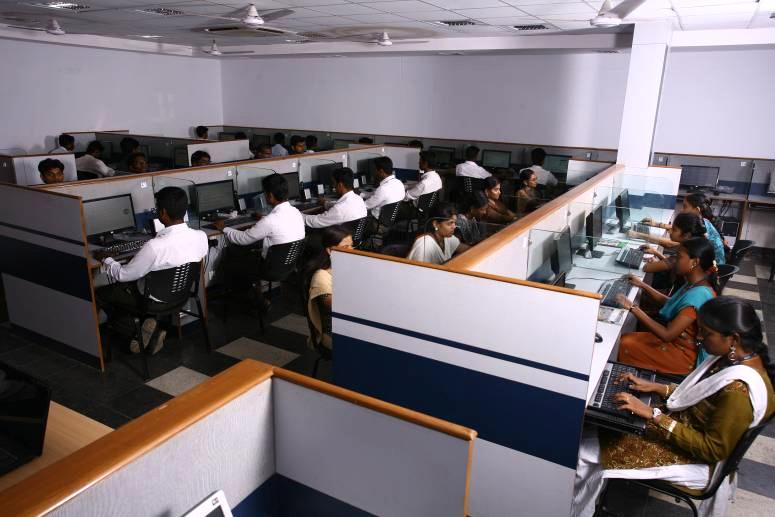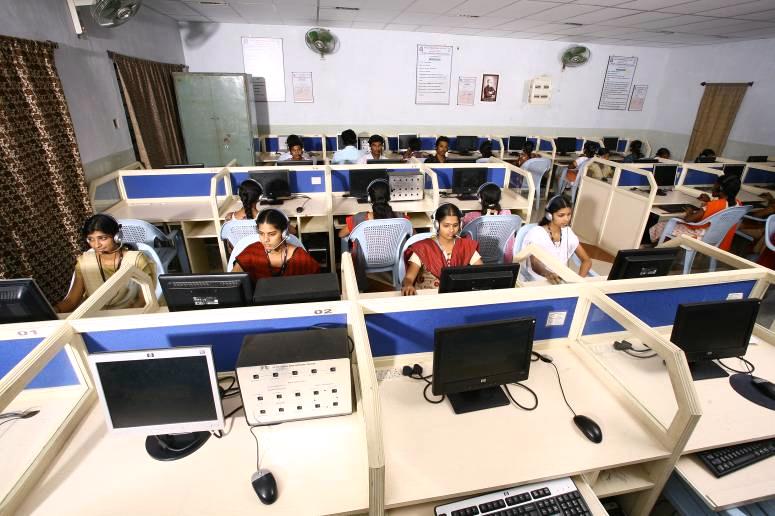About the Department
Objectives
- To educated the students about the importance of software in the current competitive world.
- To equip the students so as to improve the both their technical and knowledge as well as moral values.
- To motivate the students to be innovative in the field of Information Technology.
- To enhance the career opportunities of the students by enriching both their aptitude and communication skills.
Vision & Mission
Transforming student’s life through futuristic development and leading them into successful engineers/technologists, conscious of human values and environment, complete in skills, which would be the torchbearers for the emerging technology and thereby achieve excellence in every endeavor.
Mission
Our mission is to produce creative and technically strong engineers providing pioneering solutions to global challenges through research and to integrate character, ethical and moral values along with professionalism.
Programme Educational Objectives (PEOs)
PEO-1: Application of Knowledge
To provide student graduates with a solid foundation in mathematical, scientific and engineering fundamentals required to develop problem solving ability.
PEO-2: Design and Analysis
To train students in comprehending, analyzing, designing and creating novel products and technologies that provide solution frameworks to real world problems.
PEO-3: Ethics and Social Relevance
To promote awareness among student graduates towards issues of social relevance and introduce them to professional ethics and practice.
PEO-4: Innovation
To inculcate in graduates the qualities of leadership for technology innovation and entrepreneurship.
Programme Outcome (PO)
| PO1 | Engineering knowledge: Apply the knowledge of mathematics, science, engineering fundamentals, and an engineering specialization to the solution of complex engineering problems. |
| PO2 | Problem analysis: Identify, formulate, research literature, and analyze complex engineering problems reaching substantiated conclusions using first principles of mathematics, natural sciences, and engineering sciences. |
| PO3 | Design/development of solutions: Design solutions for complex engineering problems and design system components or processes that meet the specified needs with appropriate consideration for the public health and safety, and the cultural, societal, and environmental considerations. |
| PO4 | Conduct investigations of complex problems: Use research-based knowledge and research methods including design of experiments, analysis and interpretation of data, and synthesis of the information to provide valid conclusions. |
| PO5 | Modern tool usage: Create, select, and apply appropriate techniques, resources, and modern engineering and IT tools including prediction and modeling to complex engineering activities with an understanding of the limitations. |
| PO6 | The engineer and society: Apply reasoning informed by the contextual knowledge to assess societal, health, safety, legal and cultural issues and the consequent responsibilities relevant to the professional engineering practice. |
| PO7 | Environment and sustainability: Understand the impact of the professional engineering solutions in societal and environmental contexts, and demonstrate the knowledge of, and need for sustainable development. |
| PO8 | Ethics: Apply ethical principles and commit to professional ethics and responsibilities and norms of the engineering practice. |
| PO9 | Individual and team work: Function effectively as an individual, and as a member or leader in diverse teams, and in multidisciplinary settings. |
| PO10 | Communication: Communicate effectively on complex engineering activities with the engineering community and with society at large, such as, being able to comprehend and write effective reports and design documentation, make effective presentations, and give and receive clear instructions. |
| PO11 | Project management and finance: Demonstrate knowledge and understanding of the engineering and management principles and apply these to one’s own work, as a member and leader in a team, to manage projects and in multidisciplinary environments. |
| PO12 | Life-long learning: Recognize the need for, and have the preparation and ability to engage in independent and life-long learning in the broadest context of technological change. |
Programme Specific Outcomes (PSOs)
PSO-1: Detailed Knowledge of technical issues in Information Technology.
PSO-2: Strong skills in learning emerging programmings.
PSO-3: Ability to analyze, design, model, develop, test and manage complex software and information management systems.
PSO-4: Analyzing the impact of IT solutions in the societal and human context
Lab Facilities




